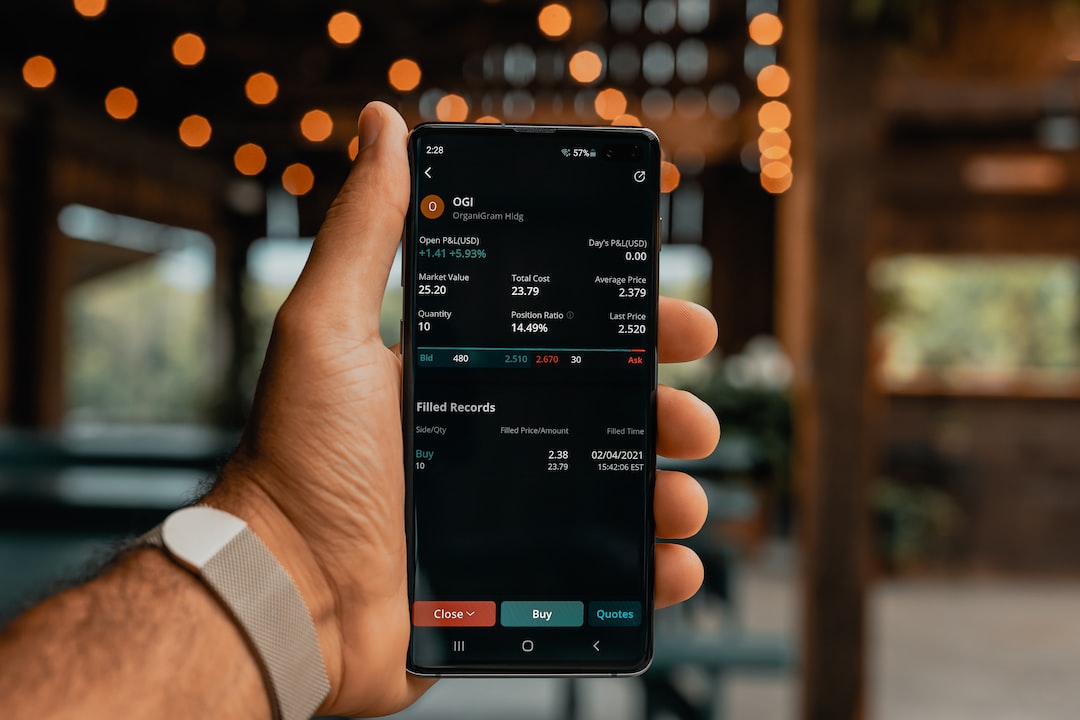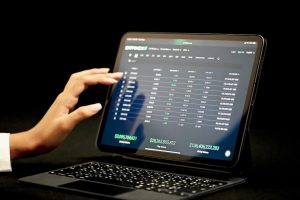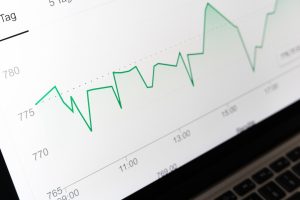1. Learn the basics
The first step to becoming a successful forex trader is to understand the basics of the market, the terminology, the tools, and the techniques. You should know how to read and interpret charts, use technical indicators, analyze economic and political events, and manage your risk. There are many online resources, courses, books, and forums that can help you learn the fundamentals of forex trading. However, be wary of scams, false promises, and unrealistic expectations.
2. Choose a reliable broker
A forex broker is an intermediary between you and the market that allows you to buy and sell currencies. It is essential to choose a reputable, regulated, and transparent broker that offers low spreads, fast execution, reliable platforms, and excellent customer support. You should also check the fees, commissions, and margins, and compare different brokers before making a decision. Avoid brokers that offer unrealistic bonuses, high leverage, or unverified claims.
3. Develop a trading plan
A trading plan is a set of rules and guidelines that define your strategy, goals, risk tolerance, and entry and exit points. It should be based on your analysis, your preferences, and your personality. A good trading plan should be flexible, adaptable, and realistic. It should also include a money management strategy that defines how much you will risk per trade, per day, and per month, and how you will manage your profits and losses.
4. Practice on a demo account
Before trading with real money, it is advisable to practice on a demo account that simulates the real market conditions. A demo account allows you to test your strategy, your skills, and your emotions without risking your capital. It also helps you familiarize yourself with the trading platform, the tools, and the features. You should practice on a demo account for at least a few weeks or months until you feel confident and consistent.
5. Start small and gradually increase your position
When you start trading with real money, it is crucial to start small and gradually increase your position as you gain experience and confidence. You should never risk more than you can afford to lose, and you should always use stop-loss orders that limit your losses in case of adverse market movements. You should also diversify your portfolio and avoid over-trading or revenge-trading. It is better to make small, consistent profits than to aim for a big, risky win.
6. Monitor the market and adjust your strategy
The forex market is constantly changing, and you should monitor the news, the events, and the trends that affect the currencies you are trading. You should also review and adjust your trading plan regularly based on your performance, your feedback, and your analysis. You should keep a trading journal that records your trades, your emotions, and your decisions, and use it to reflect and improve your skills.
In conclusion, making a lot of money quickly trading forex is not easy or guaranteed, but it is possible with the right approach, knowledge, and discipline. You should learn the basics, choose a reliable broker, develop a trading plan, practice on a demo account, start small, and gradually increase your position, monitor the market, and adjust your strategy. You should also be patient, persistent, and realistic, and avoid greed, fear, and impulsiveness. Forex trading can be a rewarding and exciting activity, but it requires hard work, dedication, and a long-term vision.






